According to Prof. Danny Harvey (Geography Dept. University of Toronto) it is probably too late to save the world's coral reefs. They are very sensitivie to temperature; the world's temperature will continue to increase to a degree that is fatal to the corals, and consequently to the millions of species that rely on them.
"Since the phenomenon of coral bleaching was first noted over twenty years ago, coral reef bleaching events have increased in frequency and intensity on a global scale (Wellington et al. 2001)."
And the cause?
"Most agree that elevated ocean surface temperatures are the main cause of this coral/algal dissociation on a global scale, with increased solar irradiance, specifically ultra violet radiation, also contributing significantly (Brown 1996)." Source.
Harvey notes that ". . . the argument can be made that a two-degree global average warming is too much, as it threatens the widespread devastation of coral reef ecosystems and risks triggering the irreversible melting of Greenland and the collapse of the West Antarctic ice sheet — with a collateral rise in sea level of more than 10metres.
"According to a recent assess - ment by 19 ecologists based in Europe, North and South America, Africa,and Australia,a global mean warming of two degrees by 2050 will bring about the extinction of from one-sixth to one-third of terrestrial animal species. This is a staggering impact!" Source: Cutting the fossil fuel umbilical cord.
Now it appears that the world is moving beyond a 2 degree threshold: the IPCC suggests 2.4% Celsius as a goal. There is understandable skepticism that even that can be acheived, given the continuing hegemony of the fossil fuel industry.
Harvey adds that although the corals cannot be saved, there is much yet that can be saved, and that we have to move towards energy conservation measures and renewable energy immediately. See this short documentary. In this video he says that we need politicians who care, who have guts and who are willing to act.

Dead reef

Live reef

Map of distribution of coral reefs worldwide. Source. See slideshow on how Australians are measuring coral reef death rates.
____________________________________________________

Worth repeating ...
Shallow Environmentalism: Nature is more than just a “resource”
By Ben Cole
E.F. Schumacher’s 20th-Century book Small is Beautiful first introduced the term “natural resources” to a mass audience as part of his criticism of the assumption that the environment exists solely for economic benefit. Schumacher portrayed natural resources as finite capital, refuting the common belief that they were a form of dispensable income that held no value unless consumed.
Today, Schumacher's message seems to have fallen on deaf ears. Although in the last half-century governments and private citizens around the world have stepped up efforts to curb pollution and species extinction, the rhetoric of non-radical environmentalism still focuses solely on how to ensure continued exploitation of the environment while taking absurdly high levels of energy consumption for granted.

Central to this problem is our the tendency to equate the environment with its sum of “natural resources,” which implies that nature only has an instrumental value gauged by these “resources' ” usefulness in production. As a result, in order for a conservation policy to be politically salient, it must include some utilitarian calculation that proves human economies to be its ultimate beneficiaries. A policy that explicitly seeks to curb growth in order to protect the environment becomes a magnet for ridicule from pro-development economists and property-rightists alike.
Pro-business extremists, such as Robert Bidinotto, a senior adviser for the Libertarian Center for the Defense of Free Enterprise are the main source of anti-environment mudslinging. Bidinotto declares that most common Americans who identify themselves as environmentalists merely “[see] the earth and its bounty as resources… for intelligent human use, development, and enjoyment.” He demonizes real environmentalists for their position that “nature exists for its own sake” and charges them with taking advantage of their co-citizens’ “innocent” views in order to further a radical agenda.
Although some may charge that Bidinotto’s stance is radical in its own right, his assessment of conservationism’s place in modern politics is quite accurate. When the environment is pitted against any form of economic growth, no matter how insignificant that growth may be, anybody who sides with the environment is a misanthropic loony. If it is not a natural resource, it is not worth protecting.

Take, for example, the case of the [U.S.] Endangered Species Act, revered by environmentalists and increasingly attacked by “advocates of economic progress.” In 2002 a political battle emerged in New Mexico over the fate of the native silvery minnow protected under the act. When severe drought wracked northern areas of the state, efforts to divert water from local reservoirs to the endangered fish’s habitat were met with fierce opposition by business interests and homeowners. The ESA was blamed for caring more about fish than people, and even for creating the water shortage itself. Meanwhile, the absurd percentage of water that went to irrigating lawns, street medians, and golf courses went almost unnoticed.
Unfortunately, conservation groups seem to be aware of mainstream Americans’ preference for unimportant conveniences over endangered species and continue ceding philosophical ground rather than attempting to fight materialism head-on. “Green innovation”, the idea that companies respond positively to government regulation by competing over the logistical discoveries that meet regulations in the most cost-effective way, is an argument increasingly used by environmentalists to convince businesses that their interests are aligned. [NB - The Canadian Green Party platform is a key example]
In a foreword to the widely-circulated essay The Death of Environmentalism, Peter Teague grumbled that “the conventional wisdom among environmentalists is that we mustn’t frighten the public but rather must focus…on technological solutions, like hybrid cars and fluorescent light bulbs.”

Ironically enough, the environmental movement that started off by revealing the ecological damages of unquestioned growth and development is now paralyzed by a fear of scaring people. At a time when the political discourse of our nation has such a conservative, pro-business tint, it may be difficult to convince people to abandon such a convenient way of life by immediately cutting carbon emissions by 70 percent. But the environmental movement isn’t even trying. It is attempting to paint itself as a friendly, pseudo-capitalist institution that wants to make the planet a little bit better and save American citizens some money on gas and electricity. Meanwhile, the dominant view of the planet as an all-you-can-eat buffet of natural resources continues.
Environmentalists must be willing to go on the offensive. They must argue that nature has intrinsic value that far outweighs many of the conveniences we enjoy as a result of its destruction; that the Brazilian rainforest is far more precious than the beef of fast food cows that graze on its ashes and that a couple years’ worth of fossil fuels is not worth the permanent destruction of pristine Arctic wilderness. Furthermore, they must answer the ridiculous charges of anti-environmentalists that saying such things constitutes misanthropy. It is our choice whether we wish to live in the natural world or in spite of it.
Source

Good analogy: Right now, we are going full steam ahead into the iceberg of climate change.
________________________________________________________________
Do animals have rights? Below: two of the most charismatic of mega-fauna ...


The Future of Life
Considered by many to be the father of the modern environmental movement, Harvard professor Edward O. Wilson has made enormous contributions to the field of conservation. In this new presentation, he draws on the ideas of his best-selling book, The Future of Life, to make a passionate and eloquent plea for a new approach to the management and protection of our eco-system. Marshalling arguments from science, economics, and ethics, he demonstrates that proper stewardship of the earth's bio-diversity is not an option -- it is a necessity, and a choice we must make if life is going to continue to thrive on the only home we have.
Source Edward O. Wilson asks Is humanity suicidal?

_________________________________________________________________
The war with Iraq versus investment in renewable energy

Something close to two trillion dollars has been been spent on the war in Iraq, compared to $1.5 billion in spending on environmental technologies. The climate crisis could have been solved with 2 trillion dollars. As it is the war, makes climate change worse: See why the Iraq war means inaction on climate change.
Cutting to the chase:
Paul Gipe estimates that 60% of the U.S. energy needs could be met with windpower if the money spent on the Iraq war was spent on windpower. If the U.S. reduced its energy needs by 40% (which it could do easily) the U.S. could get by with 100% wind power!
Additional readings: how far could 68 billion go toward securing energy independence? Pretty damn far And the original article by Gipe: Beating swords into wind turbines. Gipe, who asks, "What could we have accomplished toward building a renewable future here in North America instead of launching a war in the oil-rich heart of the Persian Gulf?"

Paul Gipe, solar energy expert


























































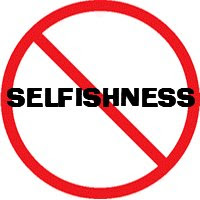



























































































































































































.jpg)



















































































































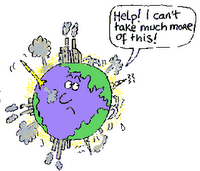




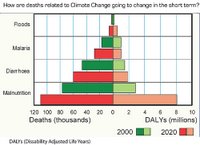


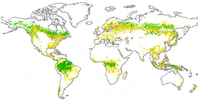








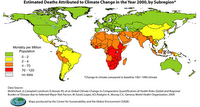


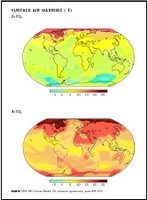














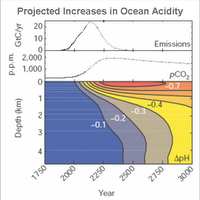

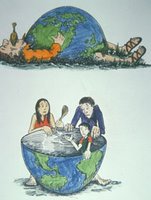








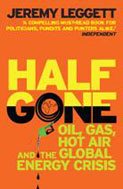
































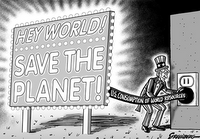









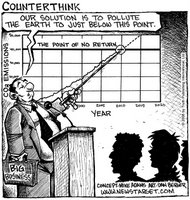

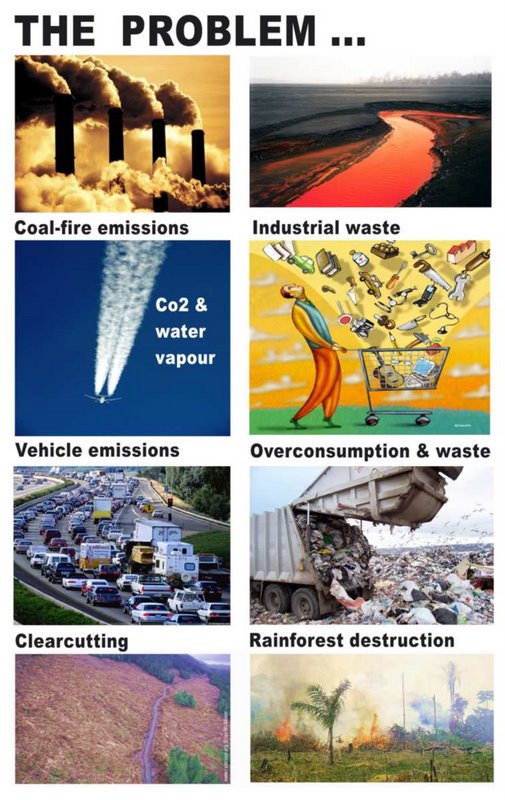
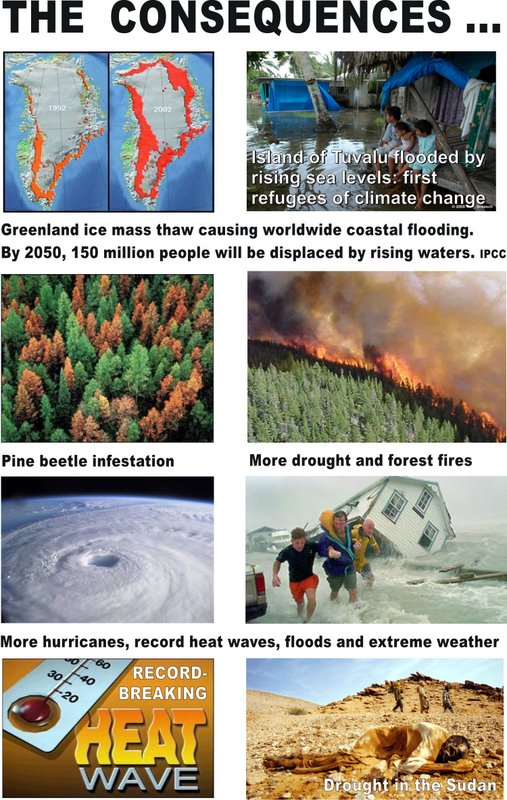
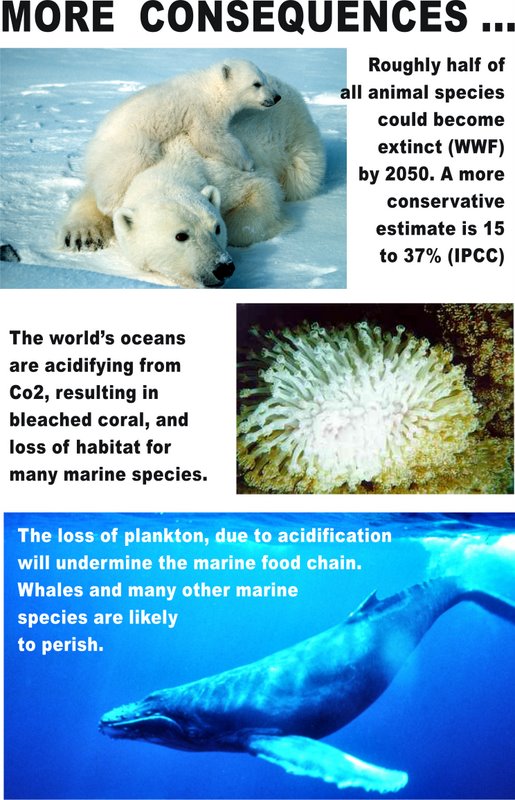
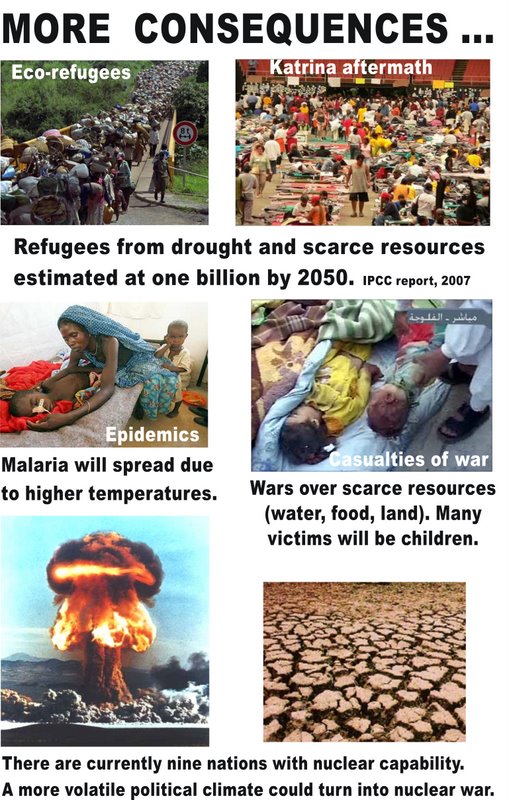



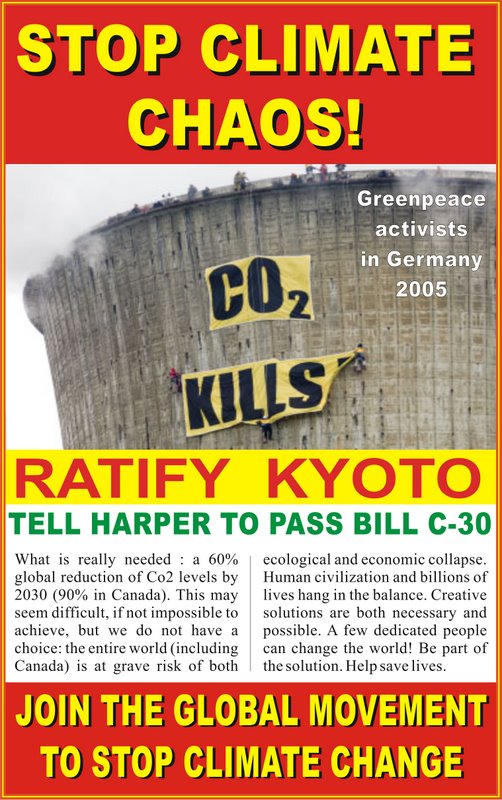
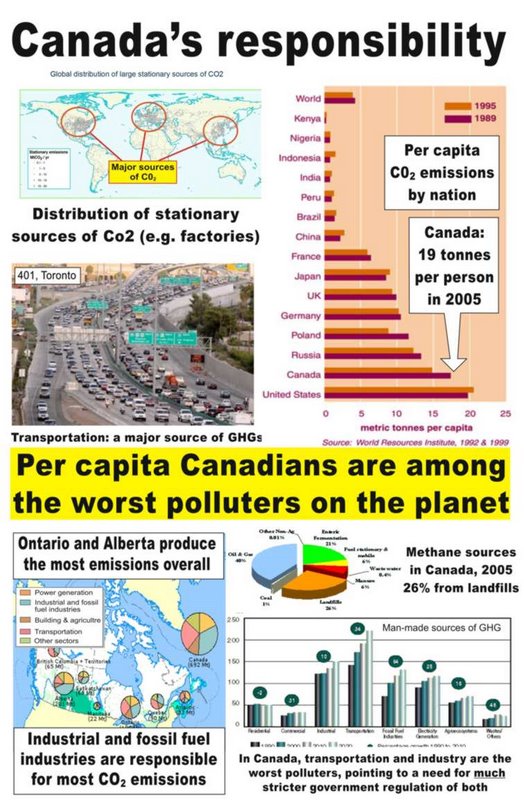

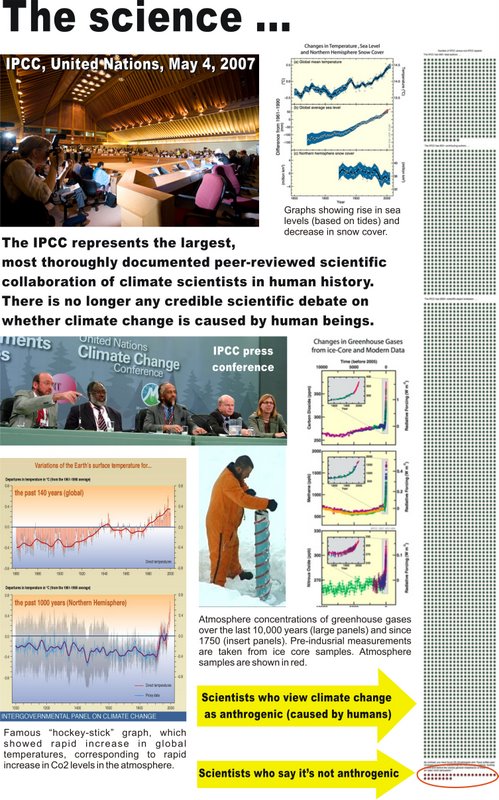
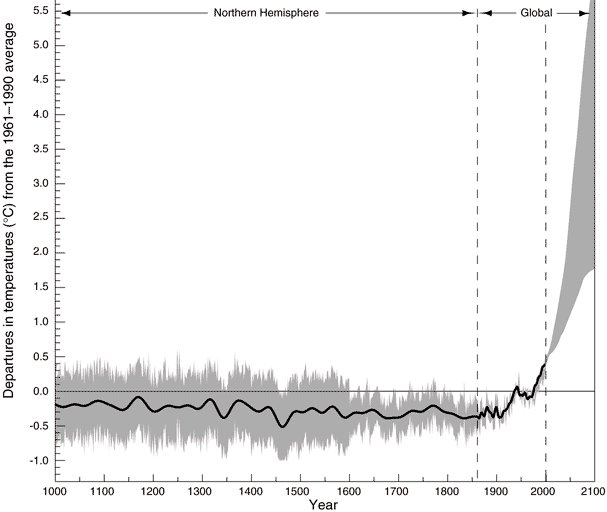


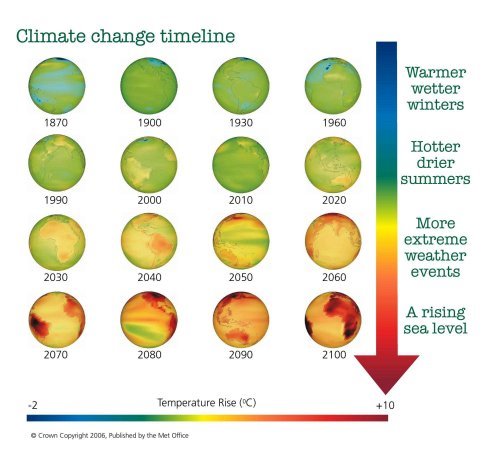




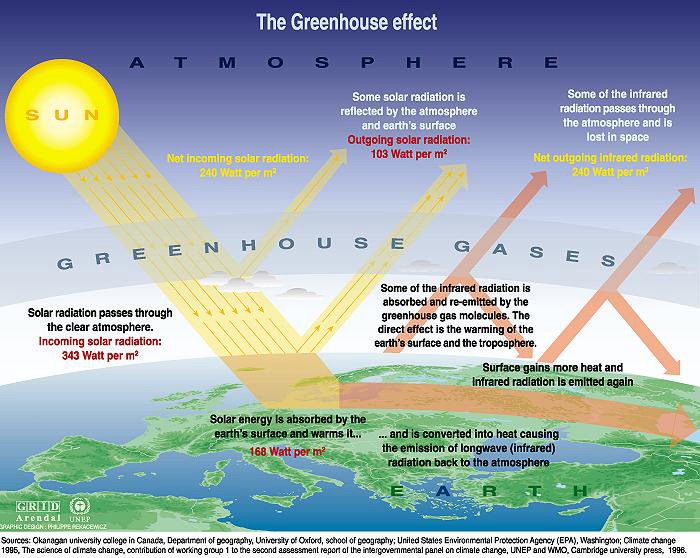

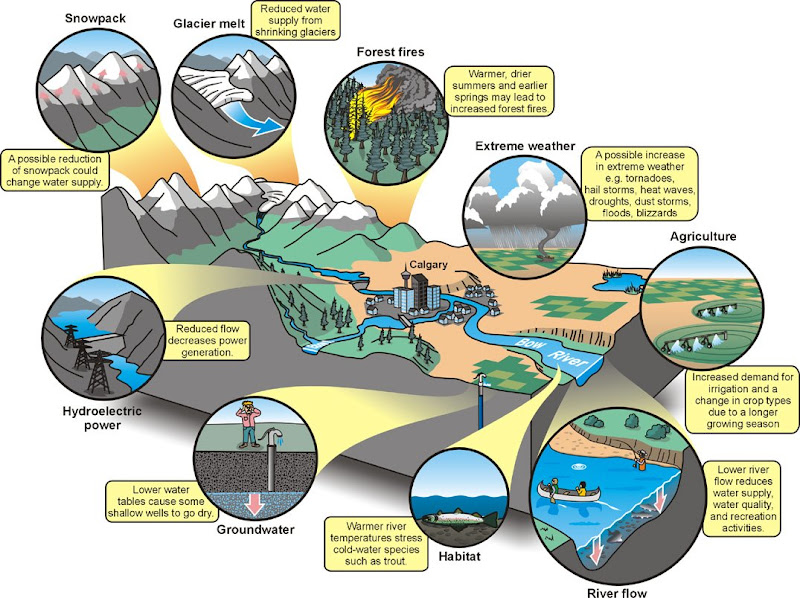

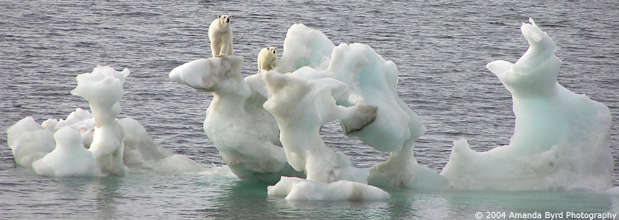





No comments:
Post a Comment